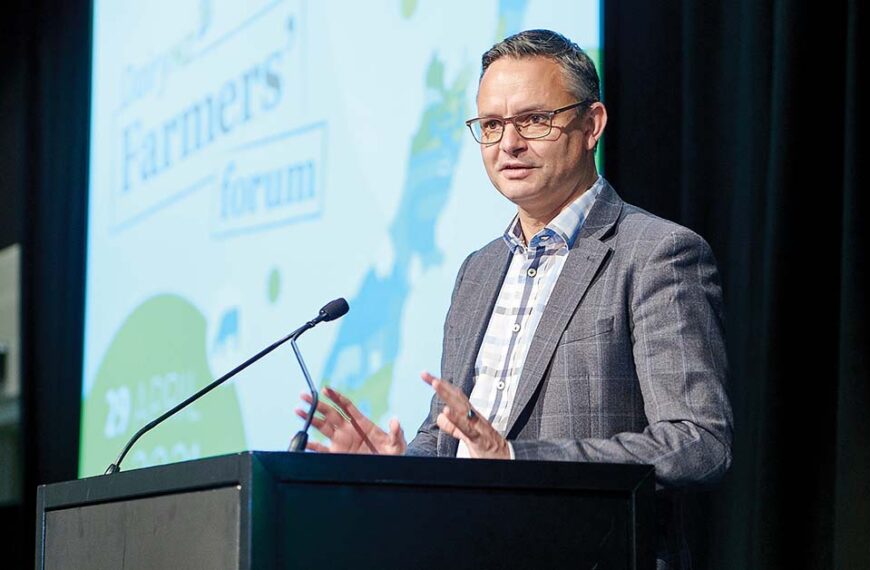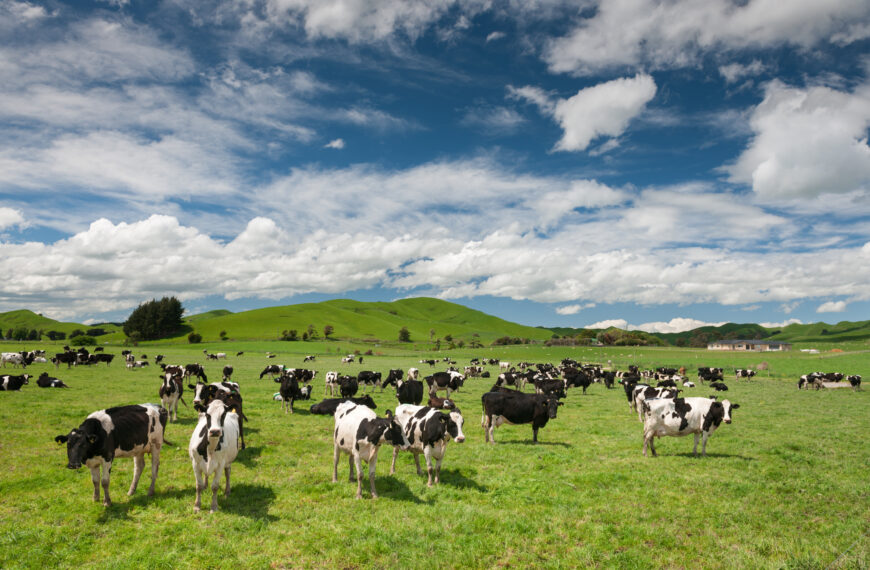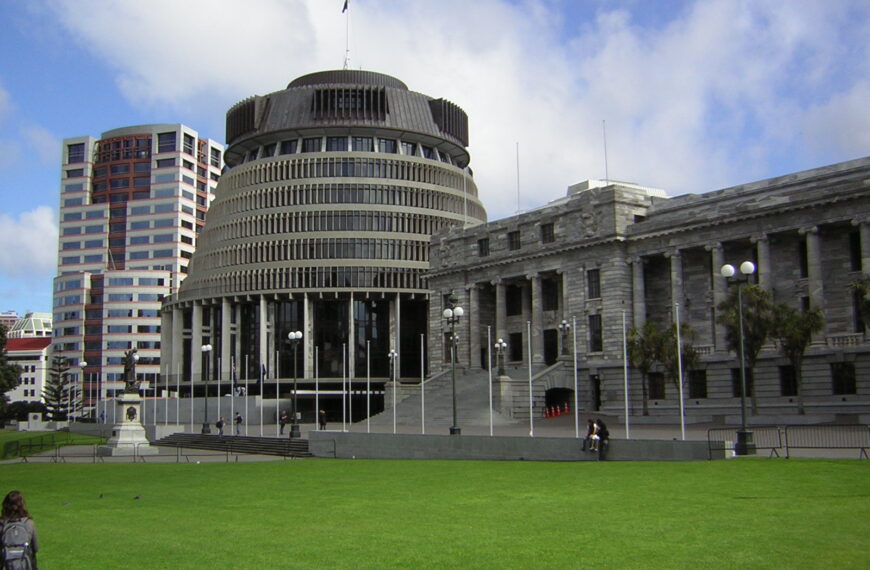Speculation is mounting that the government will run out of time to pass the He Waka Eke Noa legislation before this year’s general election.
But interested parties disagree on whether any delay on HWEN laws would simply be a timing issue or if it could allow changes to the legislation.
Federated Farmers president Andrew Hoggard said the organisation’s own analysis and well-placed sources have told him the government will not have time to pass the empowering legislation before the election.
He said legislation still has to be drafted and with Parliament not resuming sitting until February 14, it will be March or April before any documents are ready to be put before Parliament.
It must then follow due process and compete for Parliamentary time with other legislation.
He expects the government’s legislative programme will end in June-July ahead of the election, which could be held in October.
“My gut feeling is that it is not likely to be passed before the election and that is backed by other sources,” Hoggard said.
He said his view is partially supported by comments from Prime Minister Jacinda Ardern late last year that the government will narrow its policy focus this year.
Inflationary pressure will make economic policies a priority, along with passing changes to the Resource Management Act and Three Waters.
Delaying the passing of HWEN legislation could have wider implications, he said.
A Labour-Greens coalition could see changes that reflect input from the Green Party while should a National-ACT coalition government be formed, it could similarly be changed to reflect their policies.
Hoggard said farm emissions will still be priced under either coalition, but under National-ACT, there is more likely to be greater input from the sector.
ACT has previously said it would not impose climate change policies on the primary sector ahead of those implemented by competing trading nations.
DairyNZ chair Jim van der Poel also believes the government will struggle to pass legislation before the election, but he expects it to receive the governor-general’s seal after the election.
He understands the government wants to include a Parliamentary Select Committee hearing in its response to HWEN.
“If it’s going to a select committee it will go through three readings. There is a risk the process will not be completed by the election.”
Provided the final legislation adheres to what has been agreed, and given the National Party supports an industry-led solution, he can see no reason for it not to become law.
“Assuming legislation is drafted as expected means whatever government we have after the election, there is pretty good chance it will still be passed,” he said.
The government’s pre-Christmas response to HWEN showed it has moved closer to the primary sector position and is willing to engage, said Van der Poel.
The key will be ensuring the legislation reflects that new position.
HWEN programme director Kelly Forster said ultimately, the government is in control of the timetable.
The priority of HWEN is to work through all stages of the legislation to ensure a workable system is in place that is fit for purpose.
“The next stage is a cabinet decision and then select committee for consideration.”
Beef + Lamb NZ chair Andrew Morrison agreed, adding that farmers have told him of their frustration at the compressed timeline for finalising a pricing framework and other legislation.
“It’s not a bad thing if this process takes longer as we need to get this right.
“Farmers are feeling overwhelmed by the tsunami of environmental and other regulation that has been rushed through in the last few years.
“Many are mentally exhausted. There is no understanding from the government or appreciation of the damage done by the scale and pace of change.”














